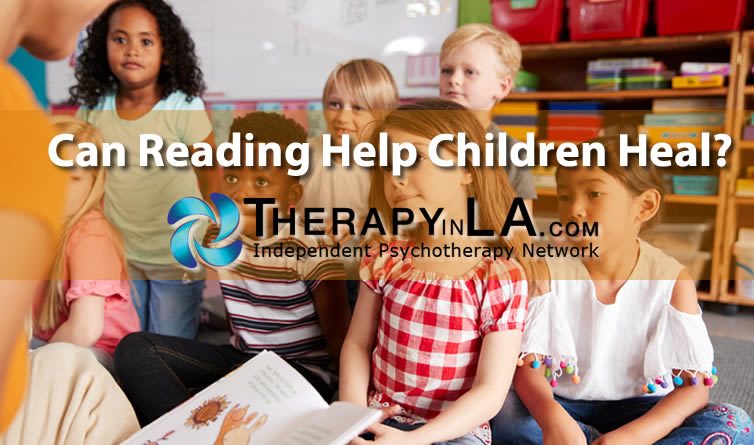Can Reading Help Children Heal?
Can Reading Help Children Heal?
Does reading to children provide more than entertainment? More than stimulation for language development? More even than the cozy comfort of “cuddling” with nurturing adults? Yes, according to a recent “Fixes Column” in the New York Times ( fixes@nytimes.com April 17, 2019 ).
Articles and blogs on this website have already substantiated the long-term and powerful impact of childhood “toxic stress”, or “adverse childhood events (ACE)” on children’s development, based on various research studies. The benefit of caring adults to “buffer” the stress is well-documented as well. Now there’s evidence – at least anecdotally – to indicate that reading to children also ameliorates the impact of stress.
A program in the Syrian community in Jordan, started by Rana Dajani in 2006, We Love Reading,”…trains adults to read aloud to children in dedicated public spaces and provides books written specifically for the context they’re going to be read in, with messages and images that the children can relate to.” The stories are designed to help these children deal with the stresses in their tumultuous lives.
Twice weekly story time in a local community center has prompted some noticeable changes in the children: naming and overcoming their fears that are the result of the conflict they’ve been living through. One book in particular, “Above the Roof”, presents a boy who is fearful of sounds and everyday things that have become emotional triggers due to his traumatic experiences. The character learns to understand the noises and relieve his fears. More to the point, the children “….learn to share their fears” and speak about them.
The program has since been adopted more widely, supported by UNICEF, with an increasing focus on helping parents to read to their children at home. The parent-child connection is thus strengthened and shaped to be more nurturing in reparative ways for children who have experienced trauma. By reading in the child’s native language, a child’s confidence, sense of identity, and resilience are all deepened. This “buffering” of children in dealing with trauma/”toxic stress” is critical. The greatest benefit is observed in kids who have experienced the most severe trauma. Researchers at Yale and NYU in Abu Dhabi have taken an interest.
It seems clear that such efforts with our own children in the “first world” are also of great benefit, especially kids who have experienced trauma and severe stress. A bit of parent education about reading to kids, how to engage them in meaningful dialogue, and then regular application in daily family life can go a long way towards healing.
Alan M. Solomon, Ph.D. is a clinical psychologist in private practice in Torrance, CA. A member of the Independent Psychotherapy Network, he can be reached at 310 539-2772 or dralanms@gmail.com
Copyright 2019 by Alan M. Solomon, Ph.D.

